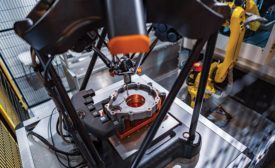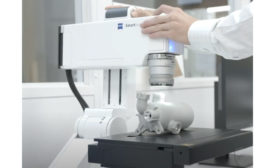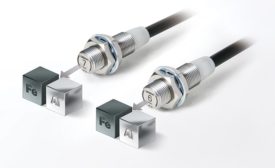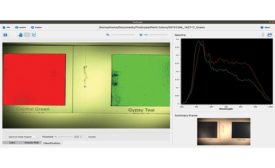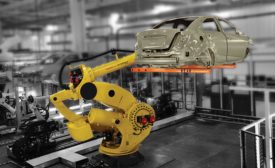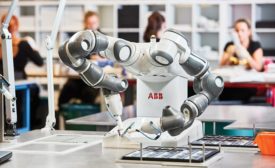Automotive
Automation is especially useful in areas where manufacturers struggle to find enough skilled machinists to grow their business.
Read More
E-Mobility Inspection
With electric vehicles on the rise, so too are the inspection applications.
August 1, 2020
Producing Additively Manufactured Parts
The future of additive manufacturing will include an increasing number of production applications.
June 1, 2020
Intelligent Imaging and Accurate Color Measurement in Automobiles
Color control in industrial production is critical in ensuring a quality product.
May 1, 2020
Quality in Automation > Trends
The Latest Trends on the Shop Floor
Automation has made closed-loop metrology systems, nondestructive testing and productivity increasingly accessible.
April 6, 2020
Quality in Automation > Collaborative Robots
Collaborative Robots Improve Quality
With the growth of collaborative robots, manufacturers gain a valuable tool.
April 4, 2020
Stay in the know with Quality’s comprehensive coverage of
the manufacturing and metrology industries.
eNewsletter | Website | eMagazine
JOIN TODAY!Copyright ©2024. All Rights Reserved BNP Media.
Design, CMS, Hosting & Web Development :: ePublishing
